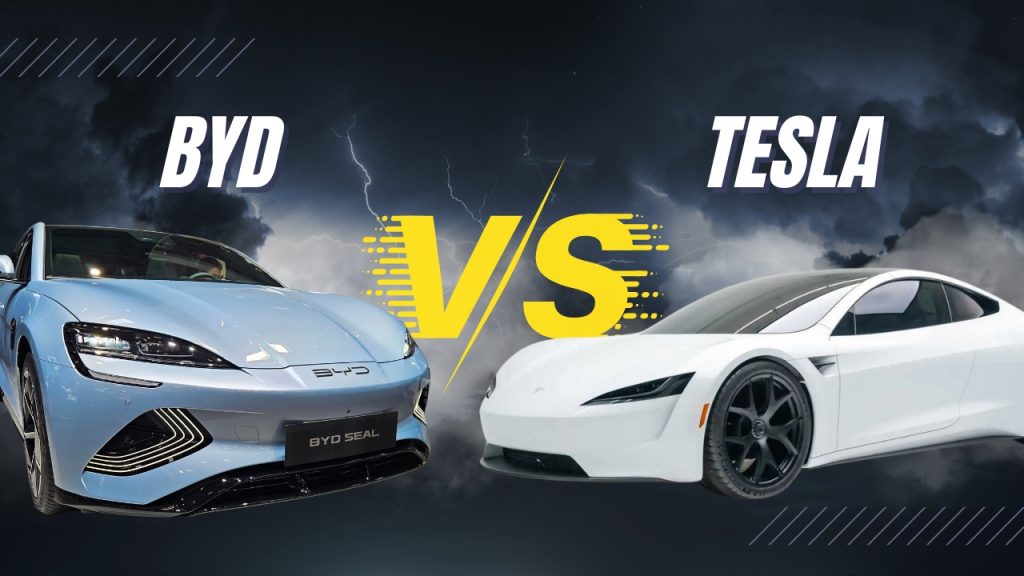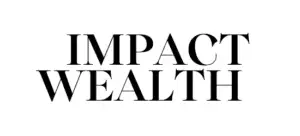The craze on Wall Street for blank-check SPAC companies, which saw many firms going public during the COVID-19 pandemic, came to a halt this year as several high-profile bankruptcies resulted in significant losses for shareholders. Discover the aftermath of this finance trend and its impact on the stock market.
According to Bloomberg, a total of 21 firms that went public by merging with special purpose acquisition companies (SPACs) have filed for bankruptcy this year. These insolvencies resulted in a significant loss of over $46 billion in total equity value, measured from their peak market capitalizations. Stay informed about the latest developments in the SPAC market and its impact on company performance.
Failures in the electric vehicle and farming sectors have been observed, involving both money-losing startups and forward-thinking companies. According to Gary Broadbent, an executive overseeing the liquidation of former SPAC AppHarvest Inc., blank-check firms have successfully propelled their targets to the public market, even in cases where their financials were not well-established. However, many of these companies were not adequately prepared for the public stage.
Several SPACs attracted investments from enthusiastic investors, including retail traders, during the SPAC frenzy. While some showed promise, others fell short, leading to lawsuits by shareholders seeking compensation for their losses.
The largest bankruptcies of Special Purpose Acquisition Companies (SPACs) included well-known names such as WeWork Inc., a flexible workplace provider, which had a market value of $9.4 billion upon its 2021 IPO. Unfortunately, WeWork succumbed to Chapter 11 last month and is now focused on reducing costly office leases.
Additionally, electric vehicle makers Proterra Inc. and Lordstown Motors Corp. also faced bankruptcy after reaching market valuations of approximately $3.7 billion and $5 billion, respectively, earlier this year.
Several companies, including software firm Near Intelligence Inc., sought creditor protection within two years of their initial public offerings. Near Intelligence Inc. filed for Chapter 11 in December, just 9 months after its stock debuted on the Nasdaq.
Many experts had foreseen the continuous surge of bankruptcies. Detractors quickly labeled the SPAC frenzy a potential bubble, as reported by Bloomberg. Opting for SPACs as a means of going public has historically offered a faster route with reduced scrutiny compared to traditional IPOs.
Moreover, companies targeted by blank-check firms during the boom often presented more positive forecasts for their business trajectory, a departure from conventional IPO processes. Stay updated with the latest trends and news surrounding SPACs and IPOs to make informed investment decisions.
Arrangers had strong incentives to complete mergers that may not meet high standards. One such incentive was that early investors had the option to redeem SPAC shares at $10 if they were dissatisfied with the deal.
Additionally, the excitement surrounding meme stocks and the potential for high valuations motivated private companies to swiftly finalize blank-check mergers. Usha Rodrigues, a law professor at the University of Georgia who has extensively researched SPACs, has highlighted this trend.
The outcome was an excessive number of SPACs, which Rodrigues referred to as a “ticking time bomb” of corporate failures that occurred in 2023. According to Rodrigues, this impending disaster should have been foreseen by everyone.
Dealing with Additional Challenges
Higher interest rates are expected to impact company balance sheets, potentially leading to more challenges ahead. Data compiled by Bloomberg in mid-December suggests that approximately 140 other former SPACs may require additional financing within the next year to sustain operations and meet their cash needs. Stay informed about the latest developments in the financial landscape.
According to investment research software firm Hudson Labs, SPAC companies were more likely to express concerns about their future compared to their corporate counterparts. In 2023, nearly 44% of SPAC companies that filed annual reports reported going-concern warnings, while approximately 22% of non-SPAC companies did the same. This data highlights the need for careful evaluation and consideration when investing in SPACs.
Some shareholders are seeking legal action to recover their losses. Lordstown stockholders have accused the sponsors of its SPAC of exaggerating the demand for its flagship Endurance truck. In 2020, as Lordstown was preparing to go public, the company claimed to have a backlog of 38,000 vehicle pre-orders. However, unlike Tesla Inc. and other competitors, Lordstown did not require a deposit. Shareholders allege that company officials were aware that these ambitious Endurance pre-orders were unlikely to result in actual sales.
Lordstown’s stock price dropped following allegations by short-seller Hindenburg Research, claiming that the company exaggerated demand for the Endurance trucks. Contrary to initial projections, Lordstown sold significantly fewer vehicles. In June, the company filed for Chapter 11, and during the proceedings, its chief financial officer testified that less than 40 vehicles were sold.
Lordstown officials and its SPAC sponsor have firmly denied any wrongdoing. According to the vehicle maker’s proxy statement, Endurance pre-orders were non-binding and did not necessitate deposits. Lordstown ensured that stockholders received sufficient information to assess the risk and determine the stock’s value.
Federal regulators have been slow to respond to the SPAC craze, despite the criticism from Gary Gensler, the chairman of the Securities and Exchange Commission. In March 2022, the SEC proposed new rules aimed at enhancing investor protections and requiring additional disclosures about sponsors. This move prompted major Wall Street firms to distance themselves from blank-check companies and resulted in a significant decrease in SPAC activity.
Bird Global Inc., the company that previously flooded major cities’ sidewalks with electric scooters, recently filed for Chapter 11 protection. Despite once having a market value of $2.5 billion, the firm entered court protection with only $3.3 million in cash, as disclosed in court papers. This latest setback adds to the growing list of failures in the industry.
Also read: Setting a New Trend in SPACs: Athena Technology Acquisition Corp


















